- contact@laparoscopyadvice.com
- General Practice Hospital, G-9/2 Islamabad
- Mon - Fri: 10:00 am - 7:00 pm
Visiting Hours
| Mon - Fri: | 8:00 am - 8:00 pm |
| Saturday: | 9:00 am - 6:00 pm |
| Sunday: | 9:00 am - 6:00 pm |
Gallery Posts
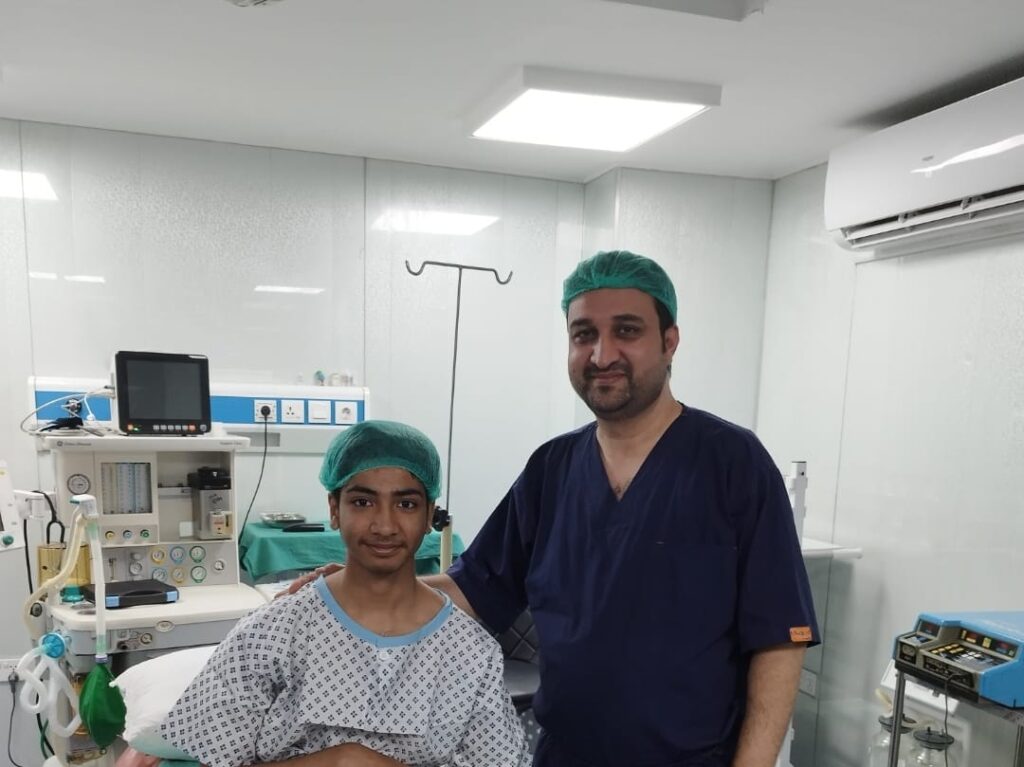
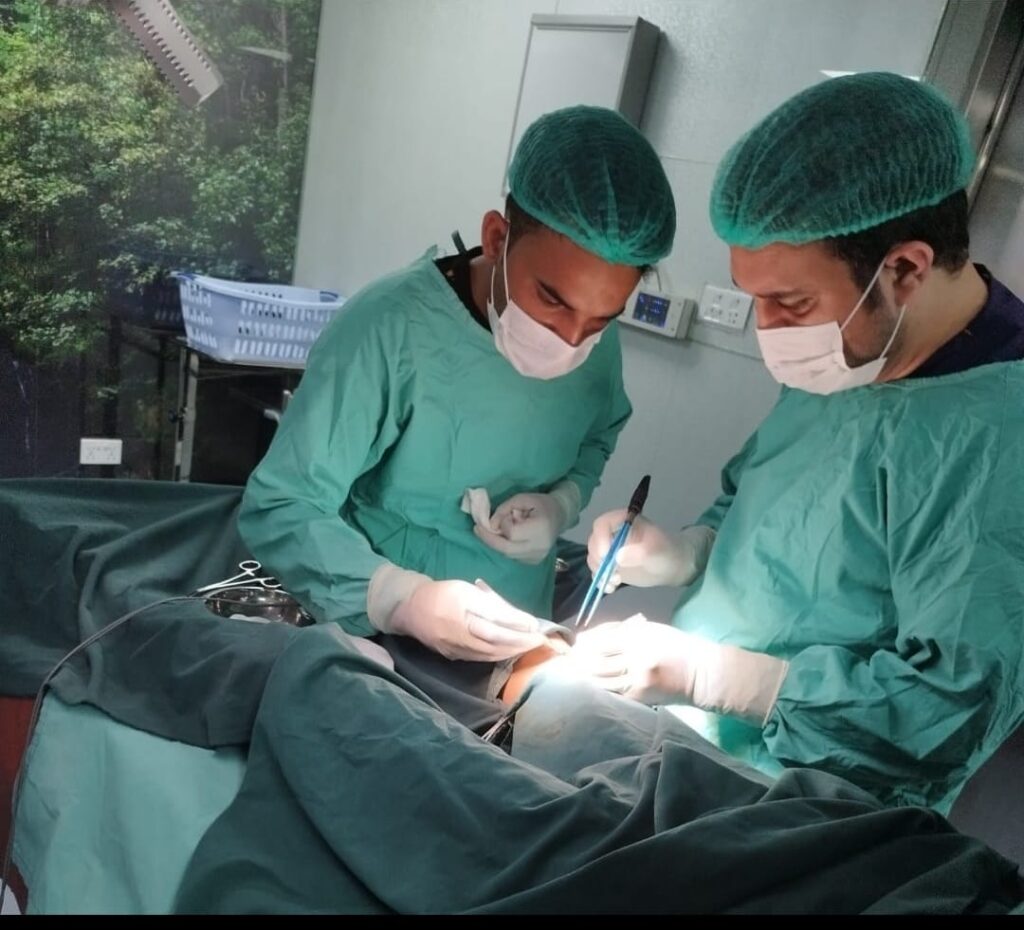

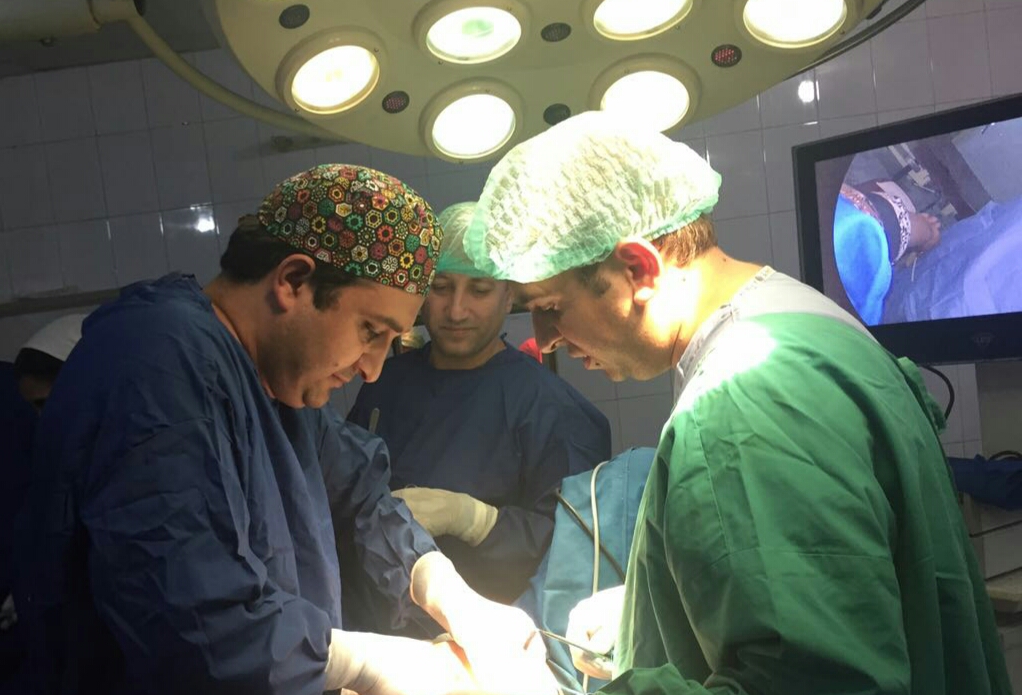
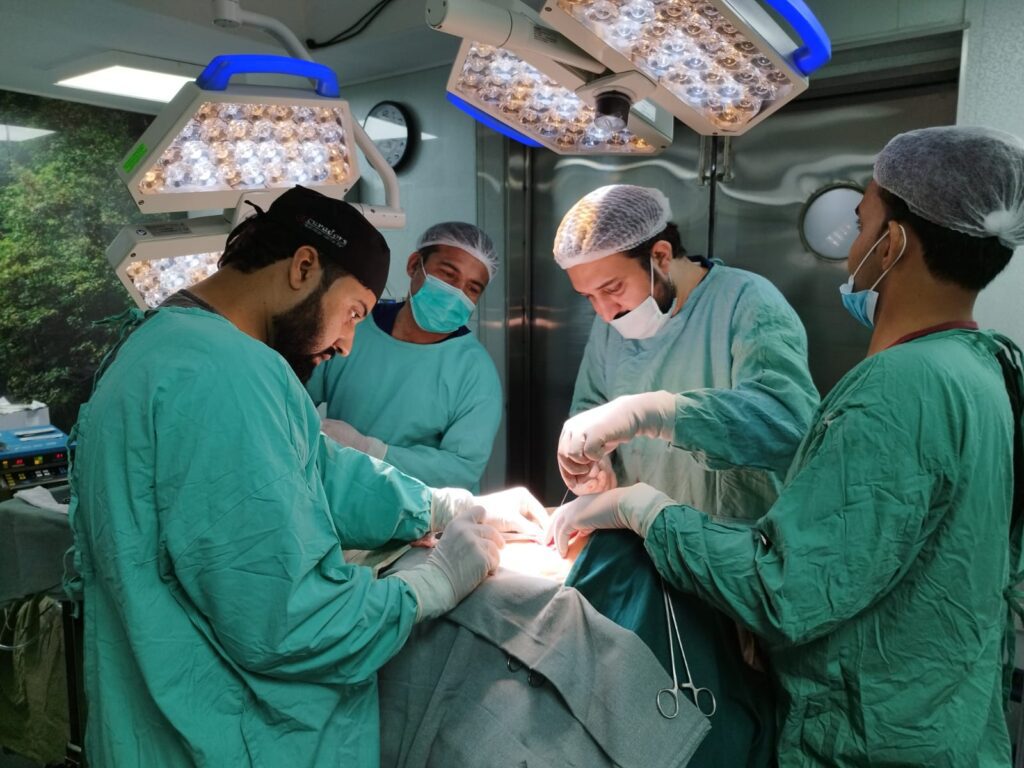

| Mon - Fri: | 8:00 am - 8:00 pm |
| Saturday: | 9:00 am - 6:00 pm |
| Sunday: | 9:00 am - 6:00 pm |






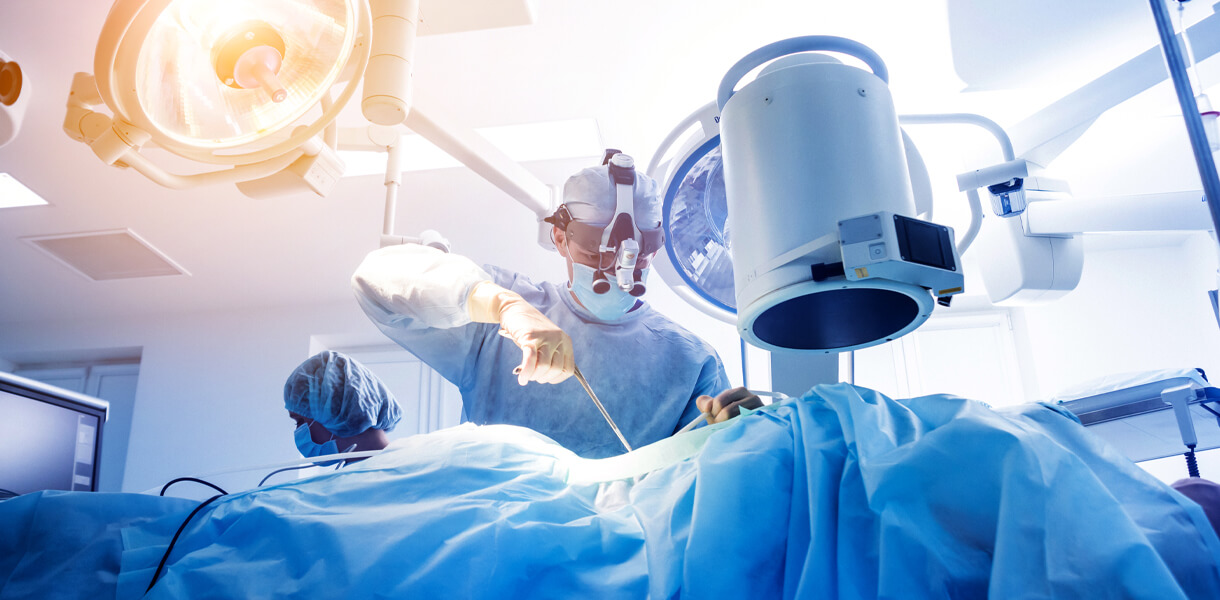
An inguinal hernia occurs when tissue, such as part of the intestine, protrudes through a weak spot in the abdominal muscles. It appears as a bulge in the groin area and may cause discomfort or pain, especially when bending over, coughing, or lifting heavy objects.

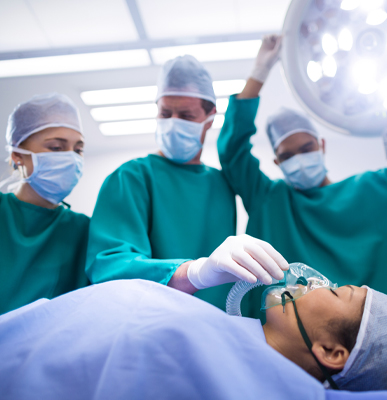

| Mon - Fri: | 9:00 am - 7:00 pm |
| Saturday - Sunday: | Off |
Copyright 2023 Adil's Laparoscopy World | Powered by Dynaamx